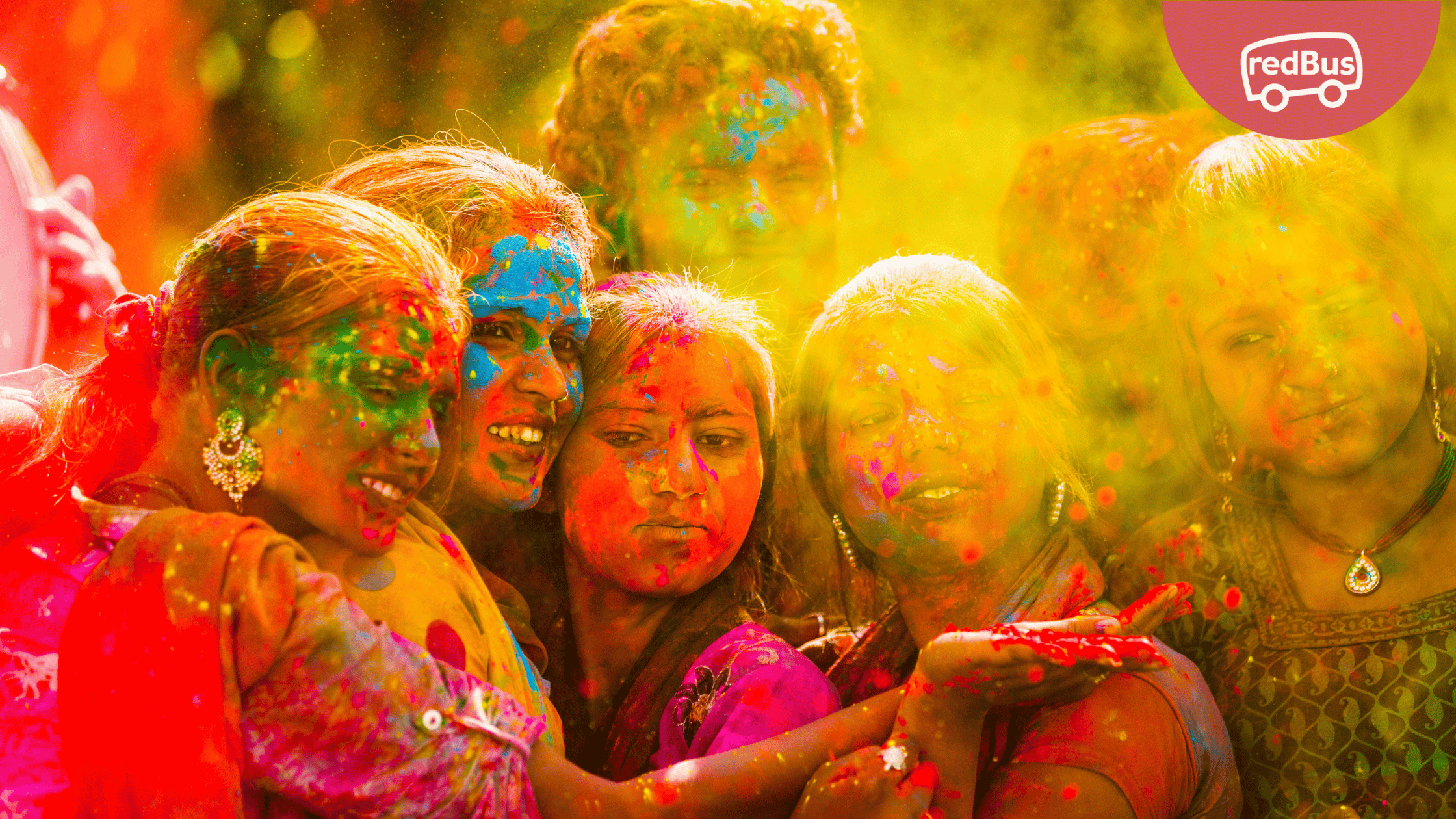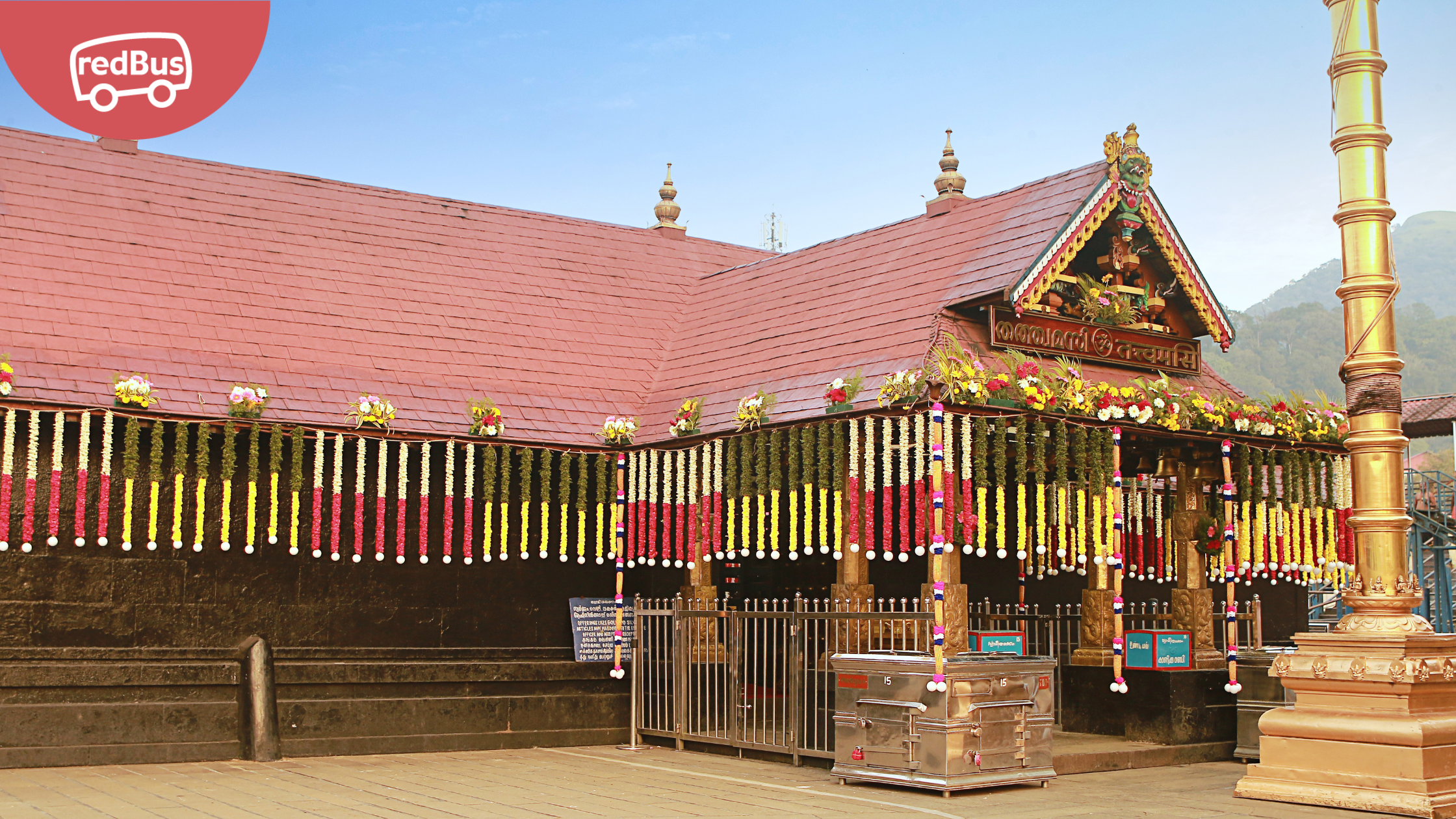Sabarimala is one of India’s most revered pilgrimage sites, attracting millions of devotees every year to the sacred shrine of Lord Ayyappa. Nestled in the Periyar Tiger Reserve in Kerala, Sabarimala is a religious destination and a place of immense spiritual significance. The temple, dedicated to Lord Ayyappa, symbolizes harmony and unity, welcoming people of all faiths and backgrounds.
The temple’s origins trace back to Lord Ayyappa, a revered deity in Hindu mythology who embodies virtues like celibacy, devotion, and humility. Known as the eternal celibate, Lord Ayyappa is believed to have meditated at Sabarimala after his victory over the demoness Mahishi. His devotees undertake a spiritual journey to the temple, motivated by a deep sense of devotion and reverence.
The allure of Sabarimala lies not only in its religious sanctity but also in the spiritual values it embodies. For devotees, the pilgrimage represents an opportunity for self-discipline, inner purification, and unity. The experience is transformative, inspiring pilgrims to reconnect with their spirituality, regardless of their religious affiliation.
History of Sabarimala Temple
The history of Sabarimala Temple is steeped in legends and mythology, primarily associated with the story of Lord Ayyappa. According to mythological accounts, Ayyappa, the son of Lord Shiva and Vishnu in his Mohini form, is believed to have incarnated to defeat Mahishi, a demoness terrorizing the land. After fulfilling his mission, Ayyappa retreated to Sabarimala, where he meditated and attained enlightenment, blessing the place as a sacred site.
Over the centuries, the temple has evolved significantly, growing from a regional spiritual site to one of India’s major pilgrimage destinations. Initially, the temple was accessible only to a few, but with time, it became widely recognized, drawing devotees from across the country. Sabarimala’s influence on the spiritual landscape of Kerala and Southern India is immense, making it a cornerstone of devotion and unity in the region.
The 41-Day Vratham (Austerity Period)
Before embarking on the pilgrimage to Sabarimala, devotees observe a 41-day period of vratham (austerity) as a mark of respect and devotion to Lord Ayyappa. This period is characterized by practices of celibacy, vegetarianism, abstaining from alcohol, and refraining from worldly pleasures. Devotees wear black or blue clothing, signifying simplicity, and avoid luxury and indulgence during this time.
The vratham is not merely a physical discipline; it holds immense spiritual significance. Observing the vratham helps devotees focus on spiritual growth, developing inner strength and purity. It serves as a preparation for the pilgrimage, ensuring that each devotee approaches Sabarimala with a clear mind and unwavering faith, ready for a transformative experience.
The Trek to Sabarimala
Reaching Sabarimala requires a challenging trek through dense forests and steep hills, adding to the pilgrimage’s spiritual intensity. The main trekking routes include the Pampa route and the Erumeli route. The Pampa route, starting from Pampa, is shorter and relatively easier, while the Erumeli route is more traditional and arduous, symbolizing the physical and spiritual challenges faced by devotees.
The journey is filled with rituals and symbolic acts. Bathing in the holy Pampa River is an essential ritual, believed to cleanse devotees before they continue their pilgrimage. Another unique aspect is carrying the irumudi, a sacred bundle of offerings, which devotees carry on their heads as a gesture of humility and devotion.
Architectural Highlights of Sabarimala Temple
The Sabarimala Temple’s architecture is a blend of traditional Kerala styles, harmoniously integrated with elements of spirituality. The main sanctum, dedicated to Lord Ayyappa, is the heart of the temple complex, where devotees experience a profound sense of divinity. The layout and structure are designed to enhance the spiritual atmosphere, allowing devotees to immerse themselves fully in worship.
One of the temple’s notable features is the Pathinettam Padi, or the 18 sacred steps leading to the sanctum. These steps symbolize spiritual elevation, with each step representing qualities such as truth, love, and patience. Only those who carry the irumudi are permitted to climb these steps, further emphasizing the sanctity of the journey.
Festivals and Celebrations at Sabarimala
Sabarimala’s spiritual vibrancy is showcased through its festivals, the most significant of which is the Makaravilakku festival held in January. This grand event includes rituals, processions, and the sighting of the Makarajyothi, a divine light that appears on the horizon. The festival attracts thousands of pilgrims, creating an atmosphere of devotion and reverence.
Mandala Pooja is another major celebration, marking the beginning of the pilgrimage season from November to January. These festivals not only honor Lord Ayyappa but also reinforce the bonds among devotees who gather from diverse backgrounds to celebrate their shared faith.
Rules and Customs for Visiting Sabarimala
Visiting Sabarimala comes with a set of customs and guidelines that devotees are expected to follow. The dress code for men typically includes black or blue attire, symbolizing simplicity, while women above the age of 50 are encouraged to dress modestly in traditional attire. Observing respectful behavior, avoiding unnecessary chatter, and maintaining cleanliness are essential aspects of conduct within the temple premises.
For first-time pilgrims, preparation is key. Carrying essentials like water, food, and appropriate footwear is recommended, as the journey can be physically demanding. Devotees are also advised to refrain from using plastic or creating waste, respecting the sanctity and cleanliness of the temple environment.
Environmental and Cultural Considerations
As Sabarimala lies within the Periyar Tiger Reserve, protecting its environment is of utmost importance. Devotees are encouraged to follow eco-friendly practices by disposing of waste properly, avoiding plastic, and minimizing pollution. Preserving the natural beauty of Sabarimala respects the environment and maintains this sacred place’s spiritual purity.
Understanding and respecting local culture is equally important. Responsible tourism fosters positive relations with the local community and contributes to preserving Sabarimala’s cultural heritage for future generations.
Accommodation Options Near Sabarimala
Pilgrims can find various accommodation options near Sabarimala, including dormitories, guesthouses, and hotels. Basic dormitories are affordable options for budget-conscious travelers, while mid-range and luxury accommodations offer added comfort. Recommended accommodations include facilities in nearby towns like Pampa and Nilakkal, where amenities cater to pilgrims’ needs.
Booking in advance, especially during peak seasons, is advisable to secure a comfortable stay. Online platforms like redBus can help find the best options based on budget and preferences.
Local Cuisine and Food Availability
The food available at Sabarimala is simple, vegetarian, and nutritious, reflecting the austerity and purity of the pilgrimage. Traditional Kerala dishes such as rice with sambar and vegetable curries are served, often as prasadam (sacred offerings) from the temple. Meals are usually vegetarian and are meant to nourish and sustain pilgrims during their journey.
Eateries near Pampa and Sannidhanam offer additional options for pilgrims, providing simple yet authentic Kerala cuisine to keep up energy levels for the trek.
Medical Facilities and Health Tips for Pilgrims
Medical facilities are available near Sabarimala to assist pilgrims in case of emergencies. Basic first-aid services, along with mobile medical units, are stationed along the trek routes to ensure the safety and health of devotees.
To stay healthy during the journey, pilgrims are advised to stay hydrated, take regular breaks, and avoid heavy meals before starting the trek. Those with medical conditions should consult a doctor before beginning the pilgrimage and carry any necessary medications.
How to Reach Sabarimala from Major Cities Using Kerala RTC (KSRTC)
Kerala State Road Transport Corporation (KSRTC) provides reliable and convenient bus services to Sabarimala, easily connecting major cities. KSRTC operates buses from cities such as Thiruvananthapuram, Kochi, and Ernakulam, offering a comfortable and affordable travel option for pilgrims.
- From Thiruvananthapuram: KSRTC operates frequent services from Thiruvananthapuram to Pampa, the base for the trek to Sabarimala. The journey takes approximately 6-7 hours, depending on traffic.
- From Kochi: Buses from Kochi to Sabarimala are readily available during the pilgrimage season, with travel time around 4-5 hours. KSRTC buses are an economical choice, providing reliable service.
- From Ernakulam: Direct KSRTC services run regularly from Ernakulam to Pampa, making it convenient for pilgrims. The journey is approximately 4 hours, depending on road conditions.
- From Bengaluru and Chennai: KSRTC also operates interstate services from Bengaluru and Chennai, particularly during peak pilgrimage season. These buses offer a comfortable journey, bringing devotees closer to their destination with ease.
Booking KSRTC bus tickets through redBus is a straightforward way to secure your journey. Simply search for your preferred route, choose seat types, and confirm your booking online. redBus often has discount offers for pilgrims, making it a cost-effective way to travel to Sabarimala.
Conclusion
The pilgrimage to Sabarimala is a profound spiritual journey that blends devotion, discipline, and unity. Each step, from the 41-day vratham to the challenging trek, enriches the soul, offering a unique experience of faith and resilience. The pilgrimage not only deepens one’s spiritual connection with Lord Ayyappa but also instills values of humility and respect.
For those planning a visit, Sabarimala promises a transformative experience filled with tradition, natural beauty, and cultural heritage. Embrace the journey with respect for local customs and the environment, and let the pilgrimage to Sabarimala inspire and uplift your spirit.
To make your journey to Sabarimala smooth and comfortable, consider booking your Kerala RTC bus tickets via redBus. With reliable service, easy booking, and helpful discounts, redBus ensures a safe and pleasant start to your sacred pilgrimage.







